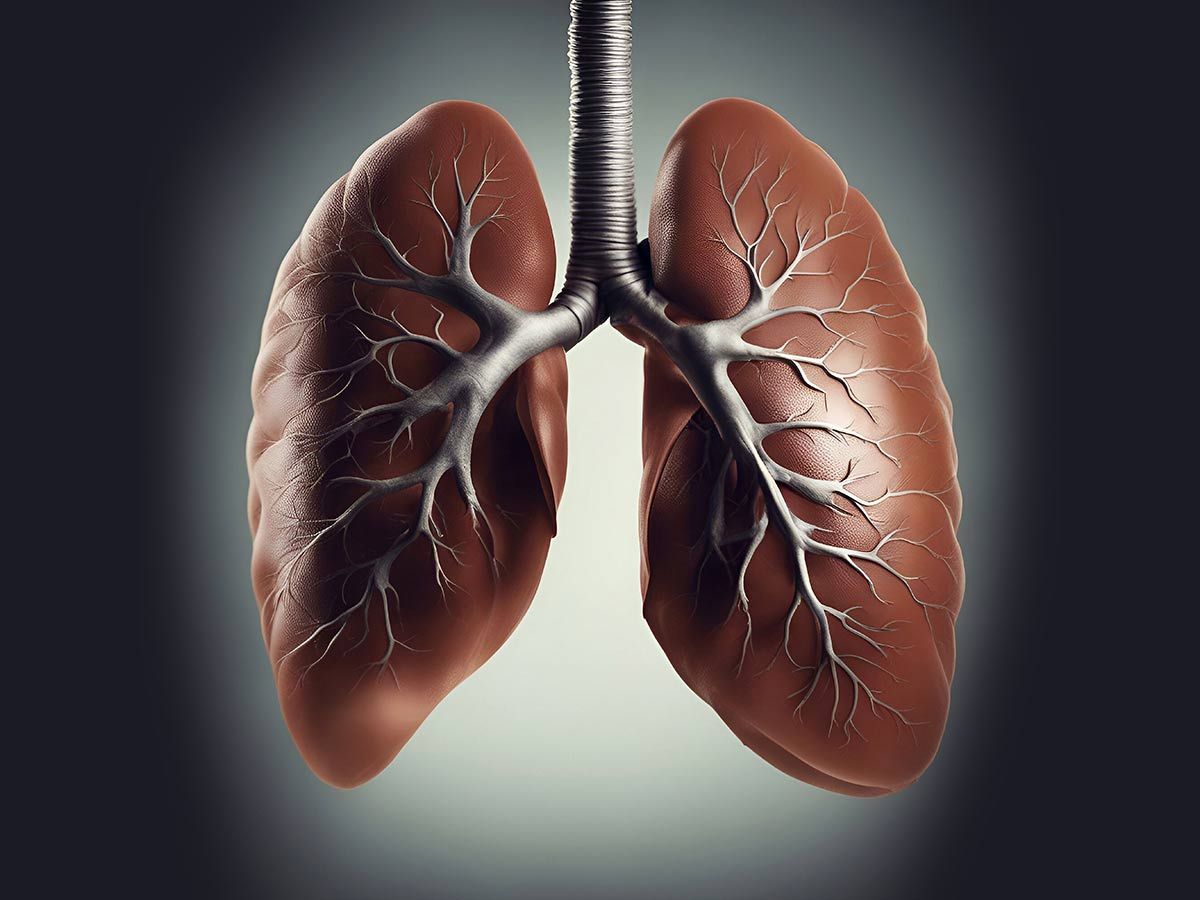Health professionals discuss how reduced vitamin K levels may affect the lungs and offer advice on raising levels to support lung health.
Although vitamin K is mainly recognised for its effects on blood clotting and bone health, recent studies indicate that it may also be related to lung health. Although there may not be a direct link between Vitamin K deficiency and any specific respiratory conditions, studies show that people who are deficient in the vitamin frequently have respiratory symptoms like wheezing, asthma, and COPD.
Anti-Inflammatory Effects
It has been proposed that vitamin K possesses anti-inflammatory qualities. Numerous lung conditions, including asthma and chronic obstructive pulmonary disease (COPD), are significantly influenced by inflammation. Vitamin K has the potential to improve lung health by lowering inflammation.

Matrix Gla Protein (MGP): Matrix Gla Protein (MGP) is a protein that requires vitamin K to activate. MGP plays a role in controlling the body’s calcium levels and preventing calcium accumulation in soft tissues, such as blood vessels and possibly the lungs. This is significant because lung-related problems may be exacerbated by the calcification of lung tissues.
Blood Vessel Health
 Vitamin K plays a role in preserving blood vessel health as well. Because the lungs have a large number of blood vessels, maintaining healthy vascular function is essential for the best possible lung function. Lung diseases may be exacerbated by impaired blood vessel function.
Vitamin K plays a role in preserving blood vessel health as well. Because the lungs have a large number of blood vessels, maintaining healthy vascular function is essential for the best possible lung function. Lung diseases may be exacerbated by impaired blood vessel function.
Lung tissue and osteocalcin
Osteocalcin is a protein that is primarily linked to bone health and is activated by vitamin K. Recent research, however, indicates that it may also affect the development and function of lung tissue, potentially contributing to lung health.

Indirectly, decreased vitamin K levels may raise the risk of lung calcification and its associated symptoms.
Reduced lung function
 Individuals who have low vitamin K levels are more likely to experience breathing difficulties due to reduced lung function. Numerous factors, such as inflammation, airway narrowing, and decreased production of surfactant—a chemical that keeps the lungs’ airways open—could be to blame for this.
Individuals who have low vitamin K levels are more likely to experience breathing difficulties due to reduced lung function. Numerous factors, such as inflammation, airway narrowing, and decreased production of surfactant—a chemical that keeps the lungs’ airways open—could be to blame for this.
Also read: 5 Proven Health Benefits of Dates
Enhanced susceptibility to asthma and COPD
Both chronic lung conditions can impede breathing. Studies have indicated that these diseases are more common in those with low vitamin K levels.

A high-pitched whistling sound that can happen when airways narrow is called wheezing. A person’s likelihood of wheezing increases with low vitamin K levels.




























